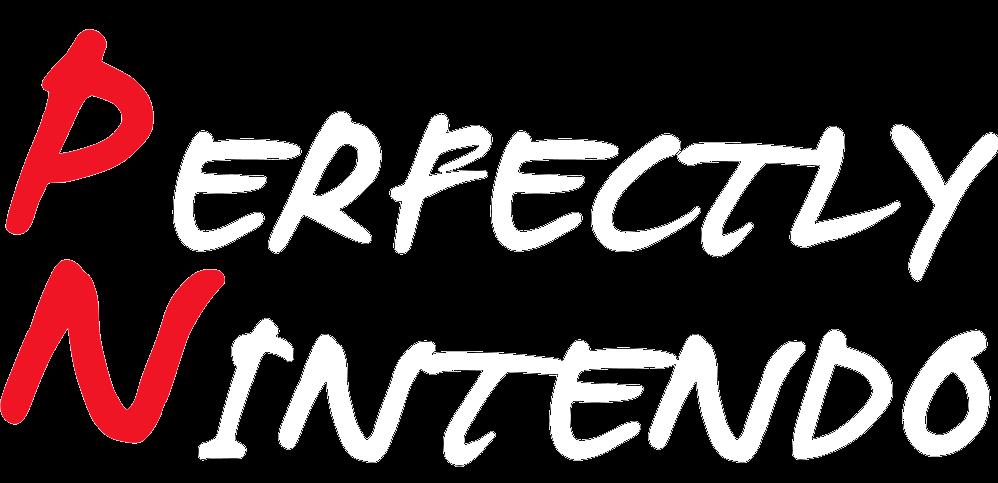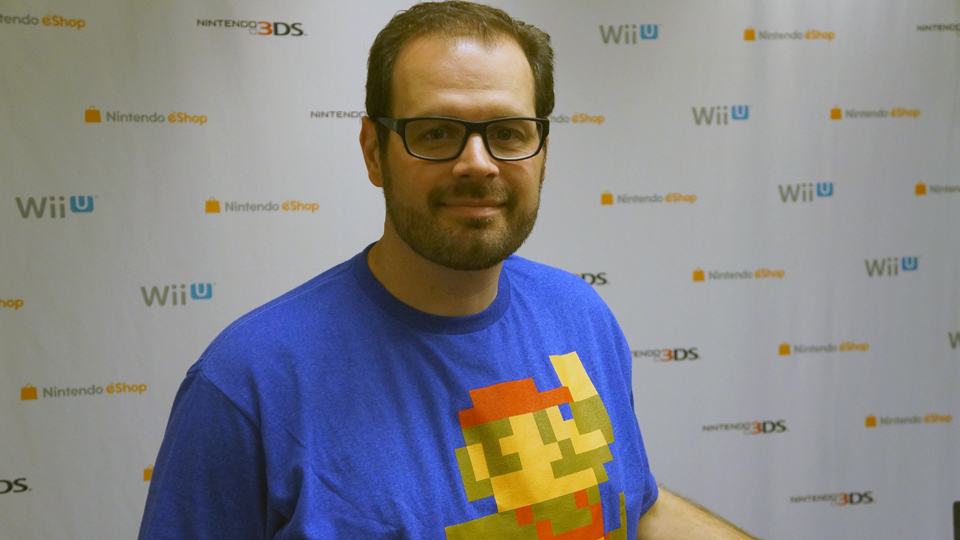Nintendo: Damon Baker talks about the company’s relationships with indies
In the past few months, Nintendo has been quite active on the indies front. But acording to Damon Baker (senior manager of licensing at Nintendo of America), independent games have had a strong presence on Nintendo consoles ever since the WiiWare and DSiWare days. But it’s a fact that things have changed a lot ever since the Wii U launched.
For example, Nintendo has learned a lot about the kind of features and functionalities players are interested in, or what indie developers need in order to be successful on Nintendo platforms. Obviously, Nintendo didn’t have all the right answers right from the beginning, so it’s been a learning process for the company.
Another big change is that Nintendo has now become much more proactive when it comes to indie developers, so that the company can start working with them as soon as possible (which is great in order to have effective marketing and messaging strategies). If need be, they show them how to create a fact sheet, a trailer, an optimum demo experience, a press release, and more.
But is Nintendo’s (more and more) frequent focus of indies a way to counteract its purportedly poor relationship with third-party developers? Not at all, according to Damon Baker’s, who claims that Nintendo relationships with third-parties are better nowadays than they were in the past.
One of the most surprising aspects of Nintendo’s relationships with indies, especially compared to the competition, is the fact the company doesn’t require exclusivity from indies (even timed). Nintendo prefers to contact them early, and then offer advice on what kind of exclusive Wii U or 3DS features they could add (provided it fits with the release schedule for the game).
In other words, if Nintendo can’t get a game for an exclusive window (a temporary exclusivity), they try and get some Wii U / 3DS exclusives features. Take Don’t Starve: Giant Edition for example: Nintendo realised that the most popular patch for the game (on Steam) was the one adding a map to the game; therefore, they strongly suggested that the developers include it in the Wii U version, and use the GamePad for it.
Nintendo’s focus on indies is a great way for the company to fill in the gaps in-between its major releases: obviously, Nintendo can’t release one every odd week, so indie games are quite helpful. In fact, independent developers have actually found ways to leverage that: many of them chose to release games right before or right after major releases.
And contrary to popular belief, releasing near major Nintendo games is quite beneficial to indies: when one such game comes out, lots of people go to the eShop in order to find out more about it and/or to buy it; while browsing, they’re more likely to make impule purchases. It actually worked just fine for several indie games, according to Damon Baker.
Finally, Damon Baker talked about the quality of games on the eShop, and explained that all indies games aren’t necessarily equal. For example, a low-quality title may get approve for release from Nintendo, but that doesn’t mean it will get heavily promoted on the eShop: in fact, players will have to search for them.
Source: Engadget

